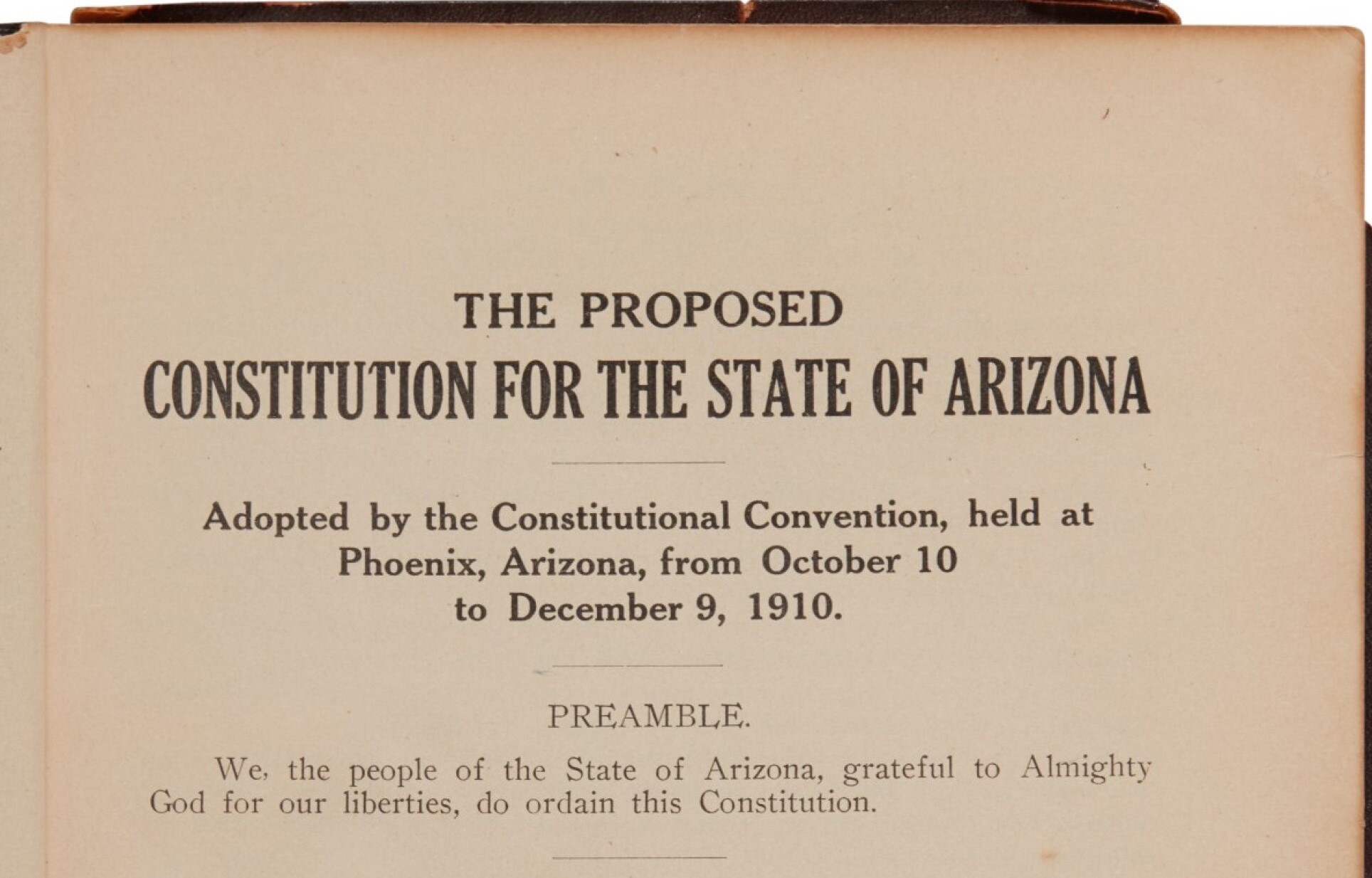
In a closely watched decision, the Arizona Supreme Court ruled on September 12 that the state legislature acted illegally when it attempted to shield doctors and hospitals from ordinary negligence claims tied to COVID-19 care. The ruling, which voids a 2021 statute granting broad immunity to medical professionals during the pandemic, has significant implications not only for malpractice litigation but also for the constitutional boundaries of legislative power in Arizona.
For lawyers, the decision in Roebuck v. Mayo Clinic is a case study in constitutional interpretation, statutory drafting, and the delicate balance between protecting public health and preserving individual rights to recovery.
Background of the Case
The controversy stems from the experience of Robin Roebuck, a double-transplant patient who was hospitalized at Mayo Clinic in April 2020 after presenting with COVID-19 symptoms. Following a series of treatments, Roebuck underwent an arterial blood gas test that allegedly was negligently performed, leaving him with diminished use of his right hand and permanent scarring.
Roebuck filed suit alleging negligence. But in 2021, the Arizona legislature passed a statute retroactively shielding medical providers from all negligence claims related to care during the declared COVID-19 emergency, unless plaintiffs could prove gross negligence. On that basis, the trial court dismissed his claim.
The Arizona Supreme Court was tasked with determining whether this statutory immunity was constitutional.
The Constitutional Issue
At the heart of the dispute is Article 18, Section 6 of the Arizona Constitution, which provides:
“The right of action to recover damages for injuries shall never be abrogated.”
This language has historically been read broadly to prevent the legislature from outright eliminating a person’s right to pursue damages in court. While the legislature may adjust procedural rules or alter burdens of proof, it cannot extinguish a cause of action entirely.
The Majority Opinion
Writing for the majority, Justice James Beene concluded that the 2021 statute violated the Arizona Constitution because it did more than raise the bar for plaintiffs, it outright eliminated claims for ordinary negligence during the emergency period.
Beene emphasized that:
- Requiring “clear and convincing evidence” is permissible, since legislatures can alter evidentiary standards.
- But the statute’s retroactive abrogation of negligence claims was unconstitutional, as it left an entire class of plaintiffs without legal recourse.
- The constitutional text is “unequivocal”: the right to recover damages for injuries cannot be stripped away by legislative fiat.
The ruling reinstates Roebuck’s lawsuit and potentially reopens the door for others whose claims were dismissed under the immunity statute during Arizona’s COVID-19 emergency (March 2020–March 2022).
The Dissent
Justice Clint Bolick dissented, arguing that the legislature acted within its police powers to protect public health during an unprecedented crisis.
Key points from his dissent include:
- COVID-19 presented extraordinary public policy challenges, and encouraging doctors to treat patients without fear of liability was a legitimate state interest.
- The statute was a permissible exercise of state police power, not an unconstitutional abrogation.
- Protection should not depend on the governor’s declaration of emergency, the state’s power to safeguard public health is broader than that.
Bolick’s dissent underscores the enduring tension between individual rights and collective welfare in times of crisis.
Implications for Healthcare Liability
The immediate consequence is clear: plaintiffs with COVID-era malpractice claims based on ordinary negligence may now pursue their cases. While the window for new filings is largely closed due to statutes of limitation, pending or previously dismissed claims may be revived.
Beyond the immediate litigation fallout, the ruling reaffirms Arizona’s strong constitutional protection for the right to sue. Lawyers representing healthcare providers will need to recalibrate strategies, as the shield of COVID immunity is gone.
Broader Fallout for Other Immunity Statutes
Perhaps the most important aspect of the decision is its potential ripple effect. As the Arizona Hospital and Healthcare Association warned, striking down COVID immunity may call into question the constitutionality of other statutes designed to shield actors from ordinary negligence claims, including:
- Good Samaritan laws: providing immunity for those who render emergency aid.
- Volunteer protections: covering healthcare workers in nonprofit clinics.
- Food donation immunity: shielding individuals and businesses donating to food banks.
- Opioid response laws: protecting those administering drugs like Narcan during overdoses.
Although the court declined to opine on these laws, the logic of the decision could embolden future constitutional challenges. For lawyers, this presents both opportunities and risks, depending on which side of the “v.” your client sits.
Considerations for Counsel
- Review Dismissed COVID-Era Cases
- Plaintiffs’ attorneys should revisit cases dismissed under the 2021 statute to determine whether revival is possible.
- Prepare for Expanded Malpractice Exposure
- Defense counsel should anticipate more robust negligence claims against providers for pandemic-era care.
- Scrutinize Statutory Immunities
- Any statute that appears to eliminate a cause of action, rather than merely raising evidentiary hurdles, may now be vulnerable to constitutional attack in Arizona.
- Constitutional Litigation Strategy
- For appellate lawyers, this case reinforces the potency of Arizona’s constitutional protections for the right to sue, which are stronger than in many other states.
- Public Policy Advocacy
- The ruling is a reminder that legislatures cannot always achieve policy goals through immunity statutes. Stakeholders may need to pursue alternatives such as insurance pools, indemnity funds, or administrative compensation schemes.
Conclusion
The Arizona Supreme Court’s decision in Roebuck v. Mayo Clinic is more than a COVID-era malpractice ruling, it is a landmark reaffirmation of Arizona’s constitutional protection of the right to recover damages.
For lawyers, the ruling is both a cautionary tale about the limits of legislative power and a signal that future immunity statutes may face heightened scrutiny. Whether representing hospitals, physicians, patients, or policymakers, attorneys practicing in Arizona must now adapt to a legal landscape in which statutory immunity cannot come at the expense of constitutional rights.

